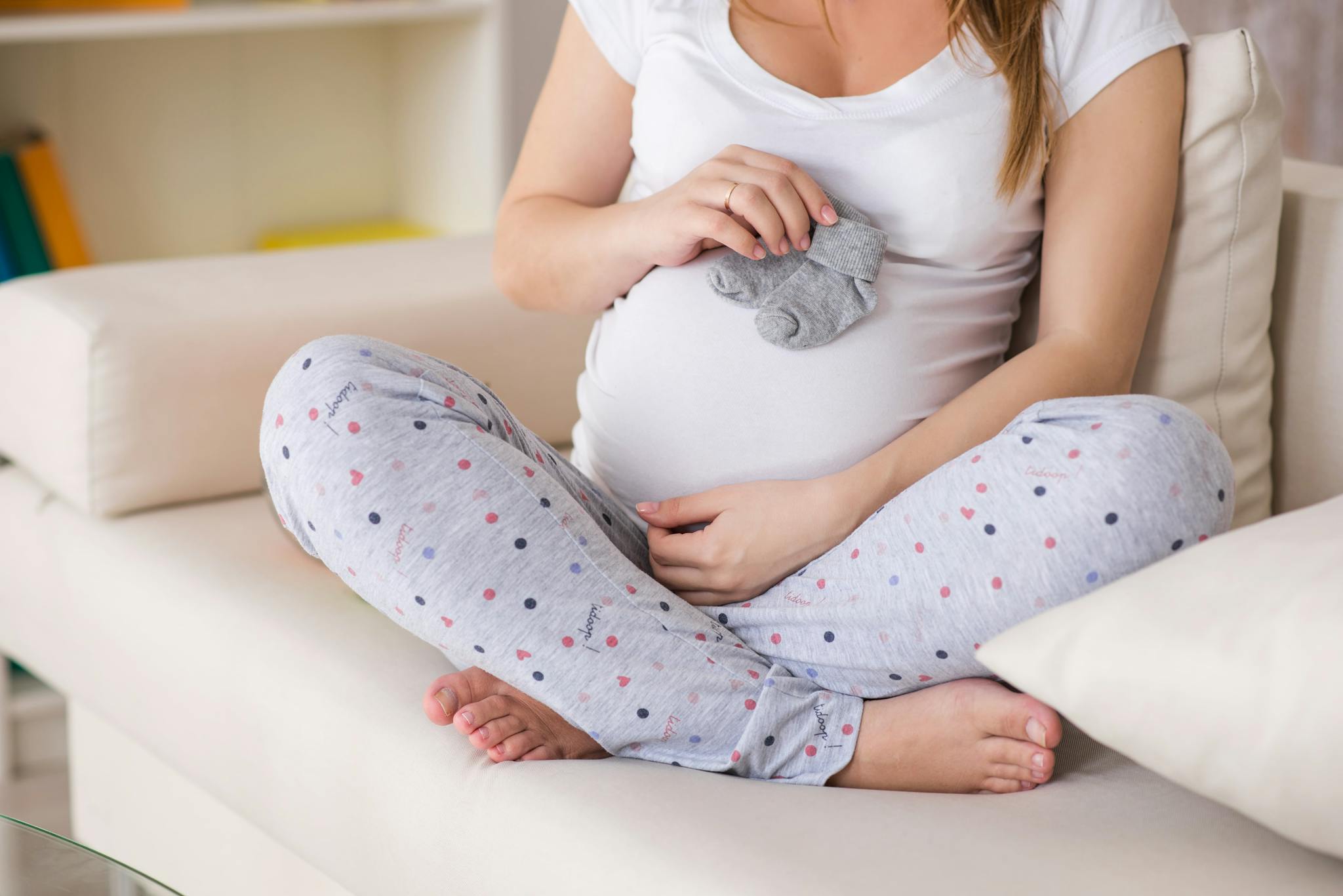
2024-07-12T16:54:51
Sunscreen Travel Tips
- Dermatology
December 5, 2016 | Family Medicine

Back Pain During and After Pregnancy: What to Do
Pregnancy and birth put a large amount of stress on the mother’s body. Changes in weight, posture, and hormones affect the body in many ways and can lead to back pain. While back pain can be incredibly uncomfortable, it is not uncommon for pregnant women to experience. Research suggests that up to 70% of women experience back pain at some point in their pregnancy.
The most common types of back pain that pregnant women experience are posterior pelvic pain and lower back pain. Some women feel back pain in the first trimester, but most start to feel pain on their back during the second half of their pregnancy. The pain generally gets more intense as the pregnancy progresses.
Weight Gain:
It is recommended that women with a healthy weight gain about 25 to 35 pounds, but 47% of women gain more than the recommended amount. This additional weight puts a major strain on the mother’s body — especially her spine. The weight from the growing fetus also puts pressure on the “blood vessels and nerves in the pelvis and back” which can create additional discomfort.
Increased Hormones:
In preparation for giving birth, your body release hormones such as relaxin which allows ligaments in the pelvic floor to soften and relax. This causes a shift in the joints and ligaments which can cause a decrease in support in the back leading to instability and pain.
Center of Gravity Shift:
As your baby grows, your center of gravity will move back over your pelvis which helps you keep your balance. While this shift can help prevent you from tipping over, it also changes your posture. You may not even notice that you are changing your posture, but this change can put extra strain on your back resulting in pain.
Luckily, there are some at-home solutions that may help you find relief. Some popular at-home treatments for pregnant women include:
Unfortunately, back pain problems do not always go away once a woman gives birth. According to the article “pregnancy-related low back pain” published in the US National Library of Medicine, “low back pain is the most common cause of sick leave after delivery”. Experiencing lower back pain for more than a few weeks is a predictor of back pain after birth. Because of this, women experiencing back pain for an extended period of time are encouraged to seek professional help in finding relief.
There are many ways for a new mother to strain her back while taking care of her baby. By taking a few precautionary steps and using proper techniques, you can reduce your pain. Some ways to lessen your back pain after childbirth include:
Exercise: While it may not sound appealing right after giving birth, even light or moderate exercise can help rebuild back and abdomen strength. Focusing on stretches and exercises that help with core stability can relieve back stress. This will also help you get back to your normal weight faster, helping your back pain.
Lift carefully: With a new child at home, it’s impossible to avoid lifting altogether so using the proper lifting techniques is very important. When picking your child off of the floor, be sure to bend at your knees, keeping your back straight. Flex your stomach muscles as you stand up. When taking your child out of a stroller, high chair or similar device, bend with your knees and bring your baby close to your chest before standing up. This reduces the strain on your wrists, shoulders and back.
Holding your child: While many mothers want to hold their baby on their hip, this “overloads the back muscles” and can cause additional pain. Many medical professionals recommend trying a front pack to carry your baby while walking. Choosing one with two wide, padded straps (rather than a sling) can prevent unnecessary strain while walking with your child.
Breast feeding: Many new mothers are so worried about their child latching properly that they contort and strain their body in strange positions, often slouching or hunching over. Rather than bringing your breast to your baby, it is important to bring your baby to your breast. It is best to sit upright in a chair rather than a soft couch with a pillow or two under your baby.
Following these suggestions may not solve all of your back pain problems during pregnancy or postpartum. Back pain during pregnancy can be a sign of a more serious condition such as preterm labor. If you have been experiencing back pain daily for over two weeks, it is best to consult a doctor.
WRITTEN BY:
The Live Better Team


2024-07-12T16:54:51

2024-07-02T11:42:04

2024-07-01T13:49:28

2024-06-21T14:29:51
This information is not intended to replace the advice of a medical professional. You should always consult your doctor before making decisions about your health.